Lawmakers in the National Assembly questioned Burundi’s role in Somalia on 3 November. Burundi currently provides over 5,000 troops to fight for the African Union’s peacekeeping force, known as AMISOM, against the Islamic militants, Al Shaabab.
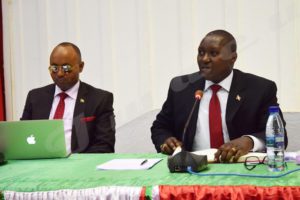
Alain- Guillaume Bunyoni (left) and Emmanuel Ntahomvukiye (right) were invited in the session of Oral questions in the National Assembly
Lawmakers focused on two issues: the delayed payment of troops currently deployed and the potential withdrawal of the Burundi troops from AMISOM in the future. Two Ministers, Emmanuel Ntahomvukiye, the Minister of Defense, and Alain Guillaume Bunyoni, the Minister of Public Security, were invited to provide clarification on the issues.
Concerning the withdrawal of the Burundi troops in Somalia, the Minister of Defense said that if Burundi quits the AMISOM peacekeeping mission in Somalia, all its achievements to date will be reduced to nothing. “Terrorists will gain ground and the withdrawal of Burundi will reinforce Al Shaabab efforts so that they will gain strength again Somalia”, said the minister.
For him, Burundi’s withdrawal from AMISOM would affect not only Burundi but also the whole region. The minister said that if Burundi decides to bring back its soldiers, security in Somalia will be destabilized; the other troop contributing countries will be affected as well as the countries neighboring Somalia. “We must do our best to fight terrorism. There is along away to go to overcome the issue”, he said.
Victor Burikukiye, MP from the ruling party and the chair of the permanent commission in charge of security issues at the National Assembly asked why Burundi’s troops had spent ten months without receiving wages. The Minister of Defense and Army said the delay is due to the 2015 crisis. “If the EU refuses to send their salaries via the Burundian government, this means that Burundi will not hesitate to bring them back. No country in the world can accept that its soldiers should be paid directly by another organization”, says the Minister.
MPs suggested inclusive dialogue to tackle the issue
MP Daniel Gélase Ndabirabe says that if Burundian troops are forced out of AMISOM they will become mercenaries. “They want to divide Burundi’s army. Instead, Burundi must take the issue in hand and deal with it”, he says.
For Aloys Ntakarutimana, MP from the ruling party-CNDD-FDD, if Burundi needs to pull out of Somalia, it must hold talks with all stakeholders beforehand so that Burundian troops can continue to support the Somali people. For this, the Defense Minister said that those who believe Burundi is fighting in Somalia for the money it receives are wrong. “Weare there to fight against terrorism”, he says.
Before the 2015 crisis, Burundi’s government made around $13 million per year from its role in Somalia, while its soldiers reportedly made over $50 million combined per year.
The MPs also discussed the police troops’ rotation in Central African Republic. Alain Guillaume Bunyoni, the Minister of Public Security, says that they were not replaced due to political reasons despite their exceptional achievements and performance. “The MINSCA chair, Parfait Onanga Onyanga, in collaboration with the opposition, has decided to chase them away without any reproach. The UN was supposed to fight against injustice but it is the first to be involved into the injustice”, he says.
At the end of the session, both ministers indicated that the recommendations and suggestions made by MPs will be considered the time when Burundi decides on its future contribution of troops to AMISOM in Somalia.
Burundi first contributed to the war against Islamic Militancy in Somalia by providing 850 soldiers in 2008. The EU is the biggest donor to Burundi for a program worth €430 million ($468 million) between 2014 and 2020.

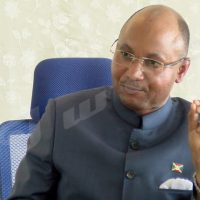
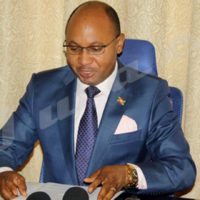
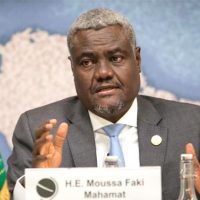
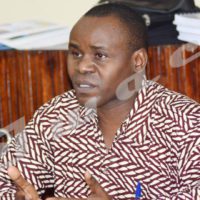













 IWACU Open Data
IWACU Open Data

